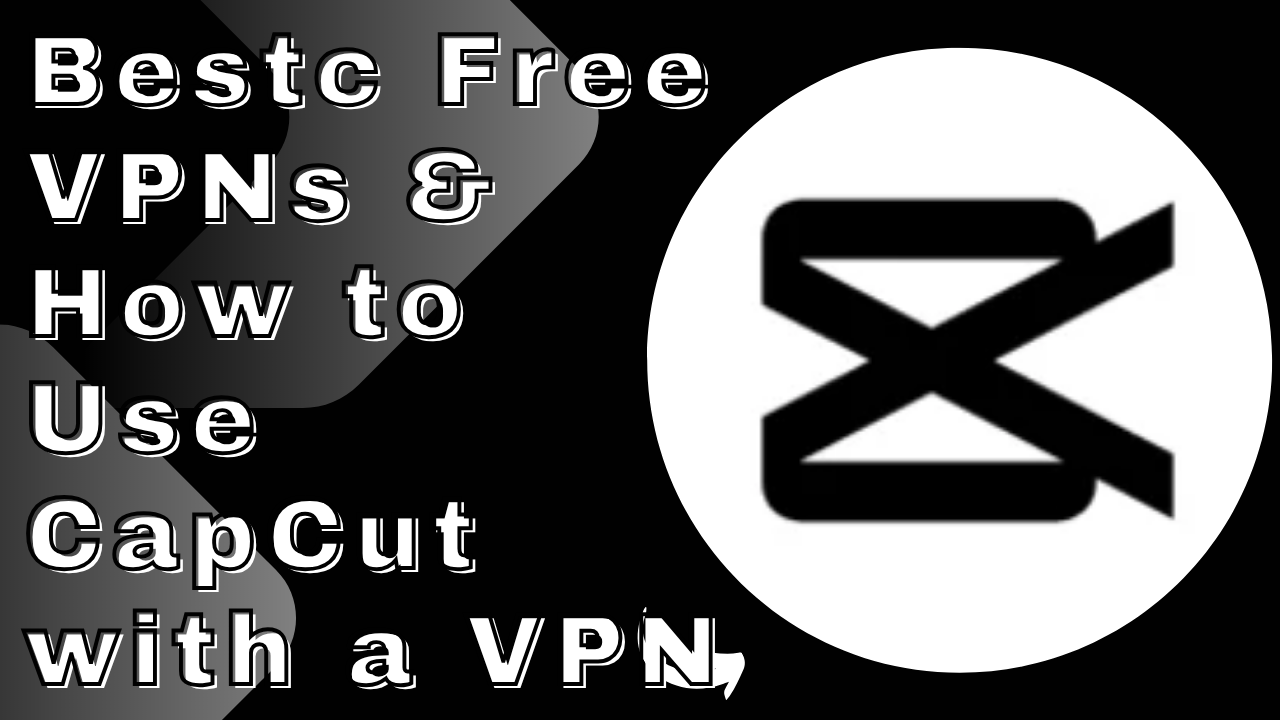In the digital world, earning online no longer depends solely on having a website. With the rise of browser extensions, you can now generate income by developing or promoting extensions for Chrome, Edge, Firefox, and other browsers—without maintaining a website. Browser extensions are small software programs that enhance browser functionality, provide tools, or improve user experience. Many of these extensions have monetization potential, offering opportunities for developers, marketers, and content creators.
In this blog, we’ll explore practical ways to earn money from browser extensions without owning a website, how to get started, and strategies to maximize your income.
What Are Browser Extensions?
Browser extensions are lightweight programs that extend the capabilities of web browsers. They can do everything from blocking ads, managing passwords, capturing screenshots, improving productivity, providing shopping deals, or customizing the browsing experience.
Some popular examples include:
- Ad blockers
- Grammar and spell checkers
- Price comparison tools
- Productivity trackers
- Coupon finders
Because they integrate directly into the browser, extensions have access to a broad user base. This makes them ideal tools for generating income even if you don’t have a dedicated website.
Why You Can Earn Without a Website
Traditionally, online income depended on websites through ad revenue, affiliate marketing, or e-commerce. However, browser extensions allow you to:
- Reach Users Directly Through Browsers – Your extension can be downloaded and installed without the user visiting a website.
- Distribute on Official Marketplaces – Platforms like Chrome Web Store or Firefox Add-ons make it easy to reach millions of users.
- Integrate Monetization Inside the Extension – You can monetize through subscriptions, premium features, or ads.
- Collect Feedback and Update Easily – Browser stores provide analytics and user reviews to help improve your extension.
These advantages allow anyone, from developers to marketers, to earn online without the overhead of managing a website.
Ways to Monetize Browser Extensions
Here are some proven strategies for earning from browser extensions:
1. Paid Extensions
You can charge users a one-time fee to download your extension. While the free-to-use model is common, some niche tools with high value justify a one-time payment.
Tips:
- Offer a free trial or basic version.
- Highlight unique features to encourage purchases.
2. Freemium Model
Provide basic features for free and charge for advanced features. Many users install free extensions and upgrade if the premium features provide real value.
Example:
- Free: Ad blocker with basic functionality.
- Premium: Advanced ad filtering, whitelist options, and custom features.
3. In-Extension Advertising
You can integrate ads directly inside your extension using:
- Banner ads
- Affiliate offers
- Sponsored content
Example: A coupon extension can show affiliate deals from e-commerce platforms, earning a commission for each click or sale.
4. Affiliate Marketing
Extensions can recommend products or services and earn commissions through affiliate links. This doesn’t require a website because users access links directly in the extension interface.
Example:
- Price comparison tools link to Amazon or Flipkart products with affiliate IDs.
5. Donations and Crowdfunding
Some developers offer free tools and ask for donations via platforms like Patreon, Buy Me a Coffee, or PayPal. Users who find value in the extension are often willing to support its development.
6. Subscription-Based Extensions
Offer your extension as a subscription service where users pay monthly or annually for access to premium features or content updates.
Example:
- A productivity or research extension that updates daily with curated content for subscribers.
7. Lead Generation
Extensions can collect user insights (with proper consent) and generate leads for businesses. These leads can then be sold to relevant companies or used for marketing campaigns.
Important: Always follow privacy guidelines and legal requirements when collecting user data.
How to Get Started Without a Website
Even without a website, you can launch a browser extension successfully by following these steps:
Step 1: Identify a Niche
Focus on solving a problem or improving the browsing experience. Research existing extensions and find gaps where you can add value.
Examples of niches:
- Productivity tools
- Finance or budgeting
- E-commerce and shopping deals
- Online learning aids
Step 2: Develop the Extension
You can either:
- Learn to code (JavaScript, HTML, CSS) and build it yourself.
- Hire a developer from platforms like Upwork or Fiverr.
Ensure the extension is user-friendly, lightweight, and bug-free.
Step 3: Publish on Official Stores
- Chrome Web Store: For Chrome users.
- Firefox Add-ons: For Firefox users.
- Edge Add-ons: For Microsoft Edge users.
These platforms provide built-in distribution, analytics, and user review systems.
Step 4: Optimize for Visibility
- Use descriptive titles and keywords in your store listing.
- Add screenshots and tutorial videos.
- Highlight unique features and monetization options.
Step 5: Promote Without a Website
- Share on social media channels like LinkedIn, Twitter, Instagram, and Facebook.
- Collaborate with influencers or bloggers in your niche.
- Participate in online communities like Reddit, Quora, or niche forums.
- Run paid ads on Google Ads or social media platforms.
Tips to Maximize Earnings
- Focus on High-Value Features: Users pay for tools that save time or money.
- Regular Updates: Keep your extension up to date with new features and fixes.
- Gather Feedback: Use reviews and ratings to improve functionality.
- Cross-Promote Extensions: If you have multiple tools, promote one inside the other.
- Analytics Tracking: Monitor downloads, active users, and engagement to optimize monetization.
Popular Browser Extension Niches for Monetization
- Ad Blockers: Millions of users are looking to enhance browsing experience.
- Shopping & Coupon Extensions: Earn via affiliate marketing.
- Productivity Tools: Extensions that save time and streamline workflows.
- Finance Tools: Budget trackers, cryptocurrency trackers, and stock alerts.
- SEO & Marketing Tools: Keyword analysis, website checker, and backlink trackers.
By focusing on niches with high demand, you increase the chance of earning consistent revenue.
Conclusion
Earning money from browser extensions without a website is not only possible—it’s practical. With tools like the Chrome Web Store, Firefox Add-ons, and Edge Marketplace, you can reach millions of users without maintaining a website. By leveraging freemium models, affiliate marketing, in-extension ads, or subscriptions, developers and marketers can create a sustainable online income.
Whether you are a beginner or an experienced developer, browser extensions offer an innovative path to monetization, combining creativity, technical skills, and marketing strategies. With consistent updates, user feedback, and smart promotion, your extension can become a reliable revenue source.
Frequently Asked Questions (FAQs)
1. Can I earn from browser extensions without a website?
Yes, you can monetize extensions directly through Chrome Web Store, Firefox Add-ons, or Edge Marketplace without needing a website.
2. What are the best ways to monetize browser extensions?
You can use freemium models, paid versions, in-extension ads, affiliate marketing, subscriptions, donations, or lead generation.
3. Do I need coding skills to create an extension?
Not necessarily. You can hire a developer or use no-code platforms, though basic knowledge of JavaScript, HTML, and CSS helps.
4. Which browsers allow monetized extensions?
Major browsers like Chrome, Firefox, Microsoft Edge, and Opera allow monetized extensions via their official stores.
5. Can I run ads inside a browser extension?
Yes, you can integrate banner ads, affiliate links, or sponsored content inside your extension.
6. How do I reach users without a website?
Promote your extension on social media, YouTube, forums, influencer collaborations, and browser store listings.
7. What is a freemium model in extensions?
A freemium model offers basic features for free and charges for advanced or premium features.
8. Can I collect user data in my extension?
Yes, but only with proper consent and compliance with privacy regulations like GDPR or CCPA.
9. How do I track earnings from my extension?
Use analytics tools provided by the browser store and integrate affiliate or ad tracking dashboards for revenue insights.
10. Are subscriptions profitable for extensions?
Yes, subscription-based extensions with ongoing updates or exclusive content can generate stable recurring income.








